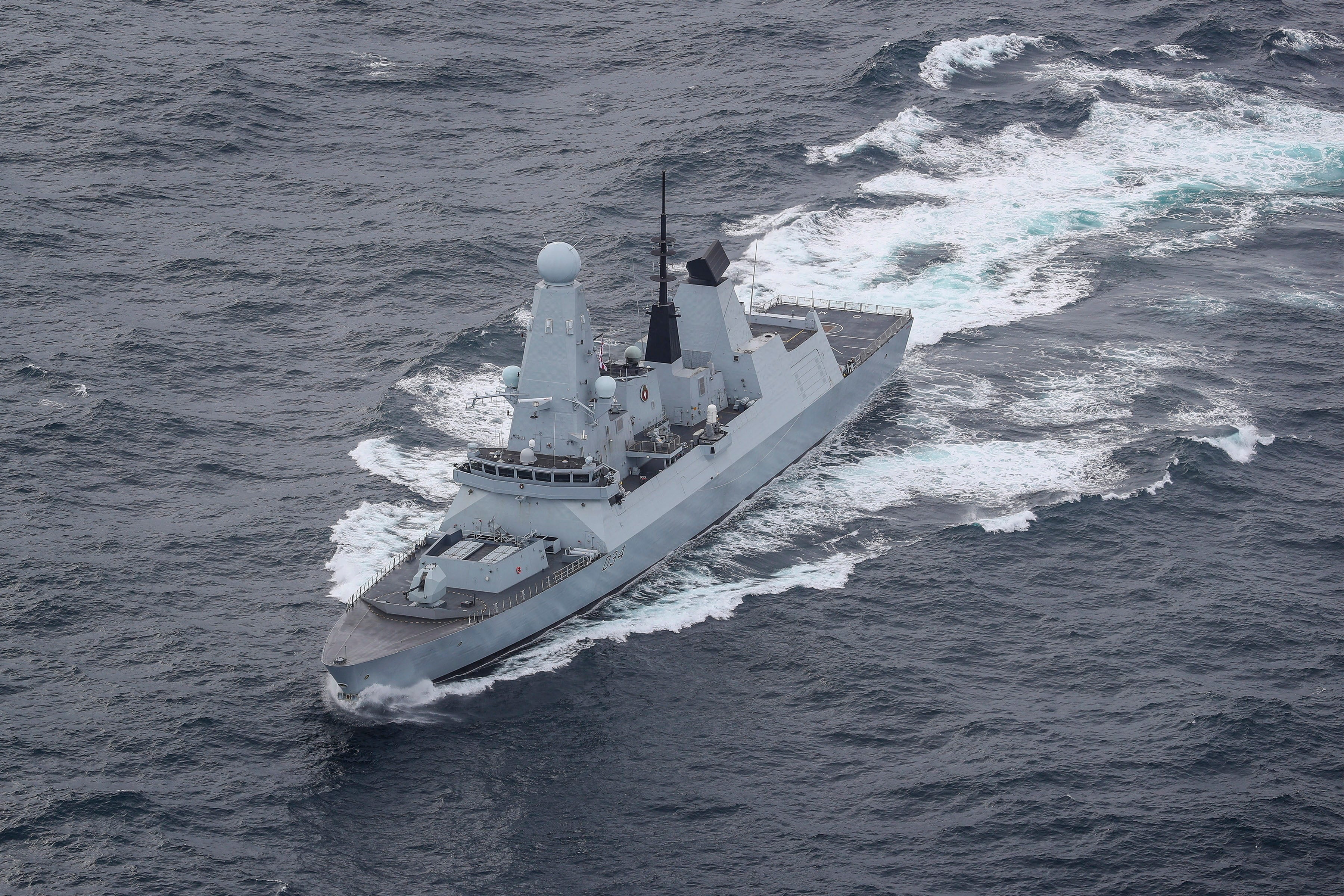Red Sea ship attacks could push UK inflation up
Calculations from Whitehall say the commercial disruption caused if the attacks by the Yemen-based Houthis continue could push inflation up

Your support helps us to tell the story
From reproductive rights to climate change to Big Tech, The Independent is on the ground when the story is developing. Whether it's investigating the financials of Elon Musk's pro-Trump PAC or producing our latest documentary, 'The A Word', which shines a light on the American women fighting for reproductive rights, we know how important it is to parse out the facts from the messaging.
At such a critical moment in US history, we need reporters on the ground. Your donation allows us to keep sending journalists to speak to both sides of the story.
The Independent is trusted by Americans across the entire political spectrum. And unlike many other quality news outlets, we choose not to lock Americans out of our reporting and analysis with paywalls. We believe quality journalism should be available to everyone, paid for by those who can afford it.
Your support makes all the difference.The UK economy may see inflation rise by 0.2 to 0.5 per cent due to commercial disruption caused by the Houthis in Yemen continuing to target vessels on the Red Sea, according to Whitehall calculations.
Chancellor Jeremy Hunt acknowledged recently that the military action in one of the world’s busiest shipping lanes could have a negative effect on the domestic economy due to rising prices. “It may have an impact and we’ll watch it very, very carefully”, he said.
Britain may not be as adversely affected by what is unfolding as states in the Middle-East. Egypt, in particular, is a major loser due to the shortfall of revenue from Suez Canal transit with 30 per cent of cargo being rerouted through the southern tip of Africa.
But the shipping industry forecast of a rise of up to 0.5 per cent inflation shows that this country is unlikely to escape commercial fallout.
Freight costs from Asia to northern Europe have more than doubled in the weeks since the Houthis have launched their campaign using missiles and drones. They have staged at least 27 attacks on commercial vessels, according to the International Maritime Organisation (IMO).
Details of the economic cost of the confrontation at sea, which started after the Israeli offensive in Gaza, came as Britain warned of robust military action to counter the Houthi offensive.
British and American commanders are considering contingency plans after the Houthis launched more than 20 cruise missiles, rockets and drones in what was described as “the most sustained and complex assault” so far.
Britain's defence secretary, Grant Shapps, said: “The attacks launched by the Houthis are unacceptable and their consequences will be severe. He said at a press conference in London that the UK, US and allies “are in agreement” that the armed disruption “ cannot continue”. Asked whether strikes in Yemen are being contemplated, he responded “watch this space”.
Last month the US announced the formation of Operation Prosperity Guardian, an international maritime security force aimed at countering the Houthi attacks in which more than 20 countries are taking part.
But Michelle Wiese Bockmann, an analyst with Lloyd's List Intelligence in London, said: "The fact that container lines are not transiting [through the Red Sea] shows that they have very little confidence in the in the ability of this US-led coalition to be able to make those traffic lanes safer. Trade is down by about a third and most of that is container ships, high value goods that are going from Asia through to Europe. Very few vehicle carriers are going through.”
Join our commenting forum
Join thought-provoking conversations, follow other Independent readers and see their replies
Comments